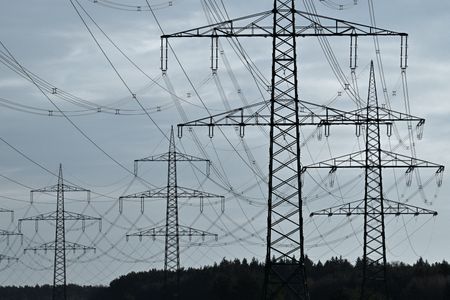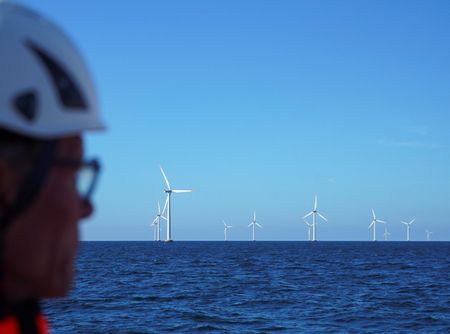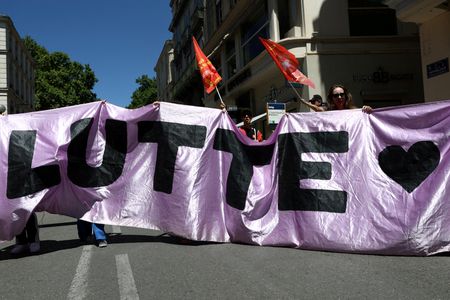BERLIN (Reuters) -Germany’s cabinet on Wednesday approved draft legislation to cut power grid fees and the power tax, the finance and economy ministries said, aiming to bring down electricity costs that are the highest in Europe.
The costs are inflated by transmission fees, levies and taxes, posing an extra burden on both energy-hungry industries and the wider economy.
The ruling coalition had pledged to cut electricity prices by at least five euro cents per kilowatt-hour, but some of its plans had to be curtailed due to tighter budgets.
Under a draft bill, network usage fees will be reduced for all consumers over the next four years starting in 2026, with 6.5 billion euros in government subsidies to be transferred to transmission system operators per year.
A second bill focuses on lowering the electricity tax to the European minimum, but only for specific sectors such as industry, agriculture, and forestry.
The cut is estimated to benefit around 600,000 companies, according to the finance ministry, but it is a scaled-back version of an earlier pledge to extend the tax cut to all consumers.
Still, the burden on government budgets is expected to be 1.5 billion euros and 3 billion euros in 2026 and 2027, respectively.
The draft bills must still be approved by the lower and upper houses of parliament before coming into effect next year.
($1 = 0.8542 euros)
(Reporting by Riham Alkousaa and Christian KraemerEditing by Ludwig Burger)










